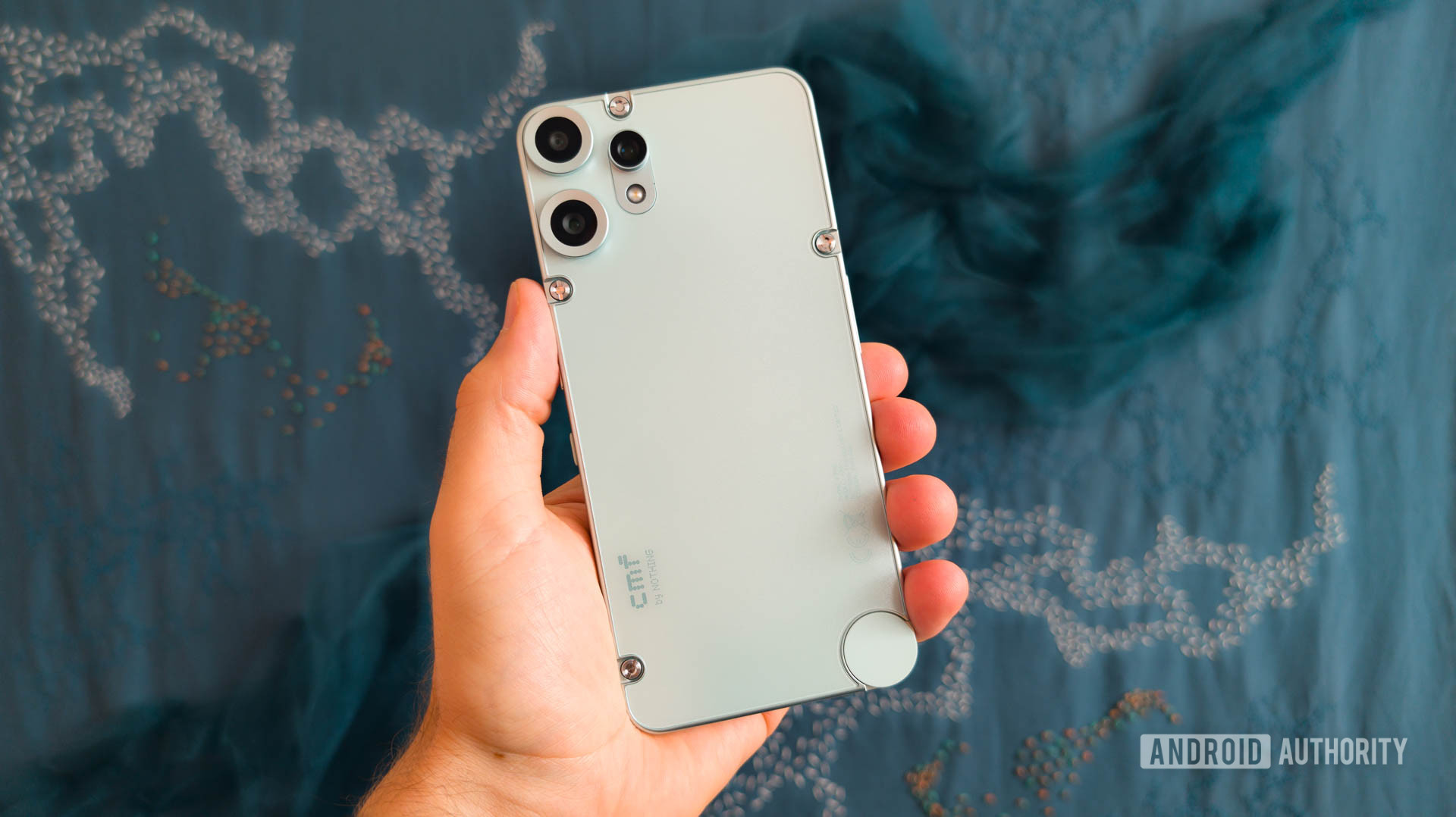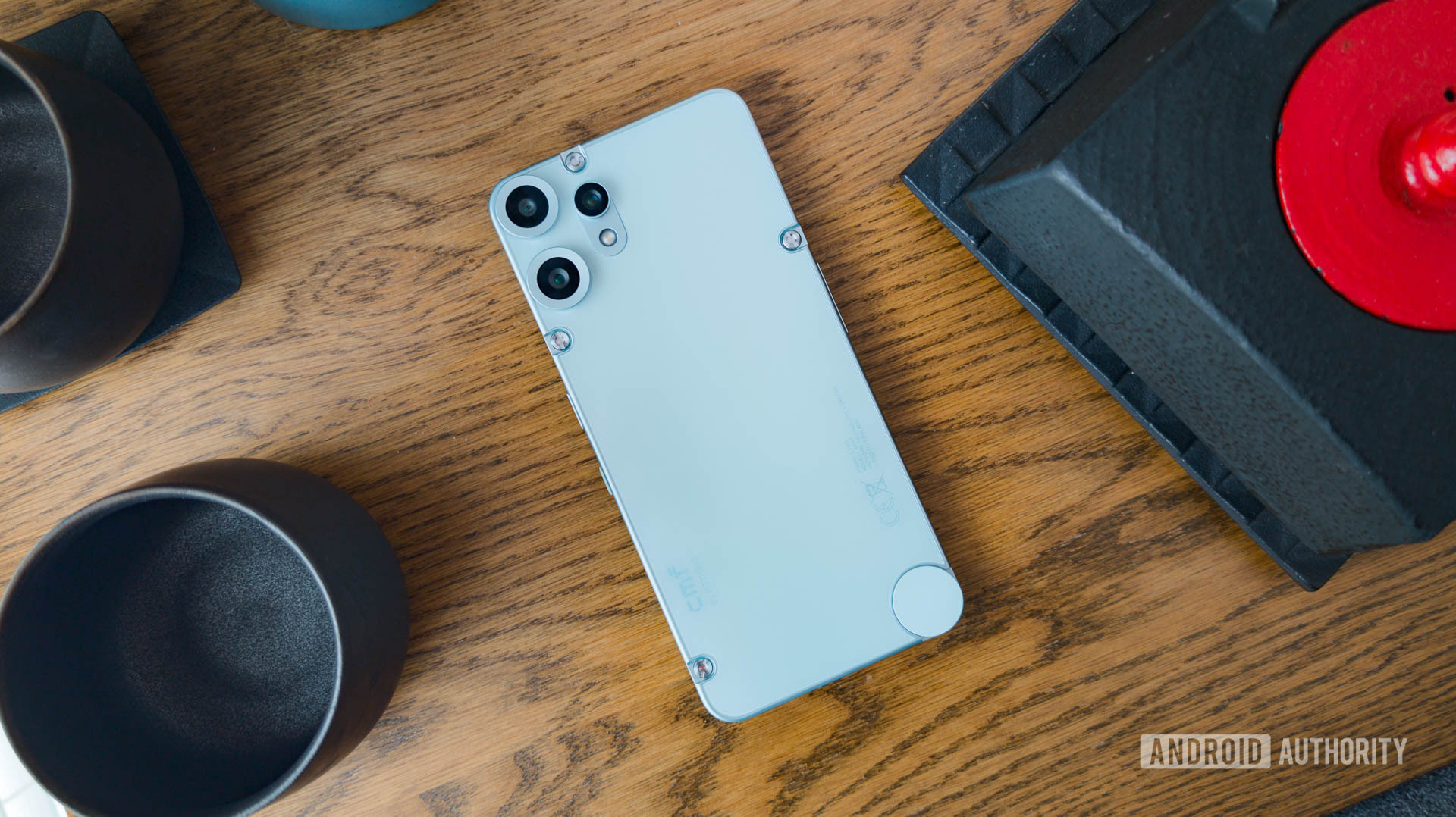Is HIFU Painful? What You Need to Know Before Your Treatment

High-Intensity Focused Ultrasound (HIFU) has quickly become one of the most talked-about non-invasive skin tightening treatments. With promises of lifted cheeks, sculpted jawlines, and firmer skin, it’s no wonder people are curious. But there's one question that continues to pop up: is HIFU painful?
If you're considering HIFU Treatment Dubai, understanding what to expect is essential. From how the treatment feels to what your skin will go through afterwards, here’s everything you need to know before your appointment.
What Is HIFU and How Does It Work?
HIFU is a non-surgical treatment that uses focused ultrasound energy to penetrate deep beneath the skin without damaging the surface. This energy targets the foundational layers of skin, stimulating the production of collagen and elastin. As the skin naturally heals and rebuilds, it becomes tighter and more lifted over the following weeks.
The beauty of HIFU is that it reaches the same layers typically addressed during a surgical facelift, but without incisions or downtime. It’s often used to treat areas like the forehead, around the eyes, under the chin, neck, and décolletage.
Does HIFU Hurt During the Procedure?
This is where things get personal. Pain tolerance varies from person to person, but generally, most patients describe the sensation as a series of warm pulses or a tingling feeling beneath the skin. Some areas—especially those with less fat or thinner skin—may feel more sensitive than others.
The discomfort is typically brief and only lasts while the ultrasound energy is being delivered. Many compare it to tiny electric shocks or light pinpricks. Though it might feel unusual, it’s often well-tolerated without the need for anesthesia.
Numbing creams may be offered before the session to ease any discomfort, and most individuals find that once the treatment begins, it becomes easier to tolerate.
What to Expect Right After Your HIFU Treatment
Post-treatment, you may notice mild redness or swelling, which usually fades within a few hours. Some people experience a slight tenderness or tingling in the treated area, but this is temporary.
Unlike more invasive treatments, HIFU doesn’t require recovery time. Most people return to their daily routines immediately. There’s no peeling, bruising, or extended downtime involved, which makes it a popular choice for those with busy lifestyles.
Is There Any Pain After HIFU?
It’s not uncommon to feel a bit sore or sensitive in the treated areas for a few days post-treatment. This sensation is usually mild and more noticeable when touching the skin. For most, it feels like the muscles underneath the skin had a workout. These sensations are simply signs that the skin’s healing and collagen-building process is underway.
In some rare cases, there may be slight numbness or tingling that can persist for a week or two, but it gradually fades.
Benefits That Make HIFU Worth Considering
Despite the brief discomfort, the benefits of HIFU make it a compelling option for those looking to improve their skin without surgery.
It targets deep layers of the skin, stimulating natural collagen production.
Results develop gradually, offering a natural, lifted appearance over time.
It can help improve skin texture, reduce fine lines, and tighten loose skin.
There's no downtime, so you can resume daily activities right after the session.
Many individuals start to see results within four to eight weeks, with ongoing improvements for up to six months as the skin continues to regenerate.
How to Prepare for Your HIFU Treatment
Before going in for your session, stay well-hydrated and avoid applying heavy makeup or skincare products. It’s also a good idea to avoid sun exposure or active breakouts in the targeted areas.
Discuss any medical conditions or medications with the specialist beforehand to ensure the treatment is suitable for you. A consultation will help assess whether HIFU is the best choice for your skin goals.
Post-Treatment Care Tips
While HIFU Treatment in Dubai, your skin will still benefit from gentle aftercare:
Use soothing and hydrating products to support healing.
Avoid excessive heat, such as saunas or hot showers, for a day or two.
Stay away from harsh exfoliants or active ingredients like retinol for about a week.
Use sunscreen to protect the skin, as it may be more sensitive after treatment.
Keeping your skincare routine gentle will help your skin recover smoothly and enhance your results.
Who Should Consider HIFU?
HIFU is ideal for individuals in their 30s to 60s who want to treat mild to moderate skin laxity. If you're looking for a natural lifting effect without the risks and recovery time of surgery, it may be a great option. However, it’s not a substitute for a surgical facelift, especially in cases of advanced skin sagging.
A consultation with a trained provider can help determine if you’re a suitable candidate. They’ll evaluate your skin type, laxity, and goals before recommending a treatment plan.
Conclusion
So, is HIFU painful? While some discomfort is expected, it's generally tolerable and short-lived. Many people feel it’s a small trade-off for firmer, younger-looking skin without going under the knife. With proper expectations, minimal aftercare, and visible results over time, HIFU continues to be a trusted solution for non-surgical skin lifting.
What's Your Reaction?
 Like
0
Like
0
 Dislike
0
Dislike
0
 Love
0
Love
0
 Funny
0
Funny
0
 Angry
0
Angry
0
 Sad
0
Sad
0
 Wow
0
Wow
0
















































